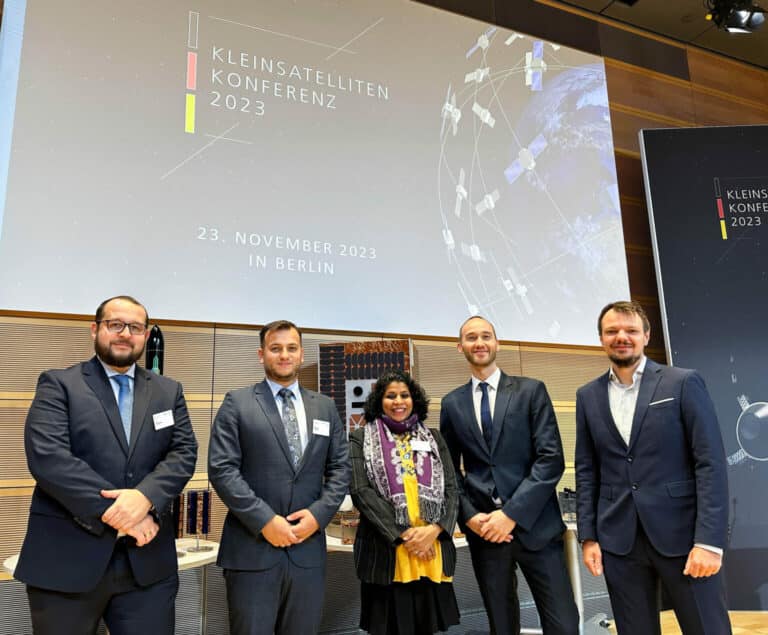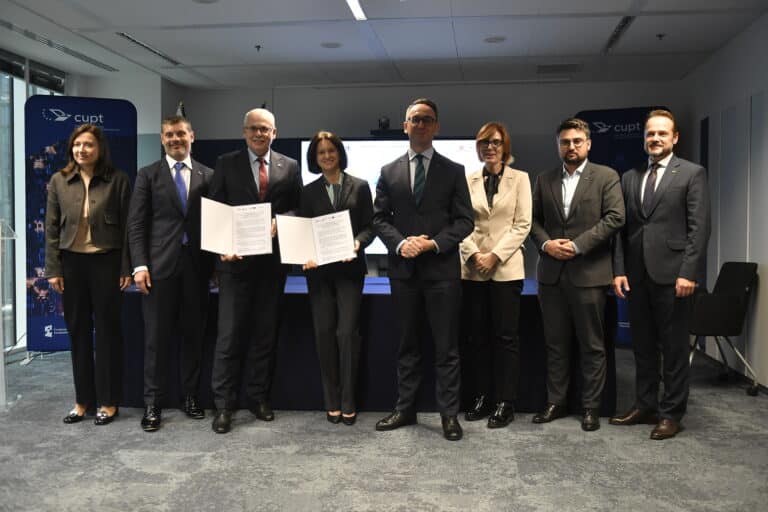Polish outsourcing sector strong during global slowdown
Takeaways from the 7th BSS Forum
Poland is still an attractive place for international companies to locate their shared services offices and business process outsourcing operations, according to speakers and participants attending the BSS Forum organized by Pro Progressio in Warsaw last month.
According to PAIH (the Polish Investment and Trade Agency) there were 71 new investments in the business services sector, which continues to grow despite a number of changes in 2022.
There are a number of conclusions one could take from the Forum:
1. Companies searching for cost effectiveness but also security are setting their sights on Poland. In the same way that the 2009 financial crisis led to a booming business services industry in Poland, today many companies are looking to improve operational results against the backdrop of a number of crises. The establishment of a BPO center or expansion of shared services in a cost effective location could be an option. Although Poland is still cost effective in comparison to Germany, France and Scandinavia (e.g. the salary of an IT specialist in Poland is 30-50% lower than in Sweden), it cannot compete on price with countries like India or Pakistan, and is already on a similar level with Portugal or Spain. Nevertheless, many companies prefer to choose nearshoring, which combines a relatively good price with high quality and stability of the delivered service. Recent announcements of investment in the business services sector such as BNY Mellon’s plans to add another 1,500 employees in its shared services center in Wrocław, and Volvo opening its strategic R&D center in Kraków, illustrate the willingness of Western companies to invest in Poland.
2. Polish cities are attractive for foreign investors and employees, but political tensions impact some investment decisions.
Polish cities are increasingly attractive for investors. This was confirmed by the latest fDi European Cities and Regions of the Future 2023 report where Warsaw was ranked 6th on a list of Major European Cities of the Future and 2nd in terms of business friendliness. Kraków was named one of the top three major cities in Europe for foreign investments, with inbound projects up 40% on pre-pandemic levels. Polish cities are perceived as friendly, safe, clean and with a relatively high quality of life. The same advantages, together with attractive employment options in vibrant, international centers attract many foreigners to work in Poland’s business services sector. Polish centers employ many Italians, Spaniards, as well as people from many other nations. On the other hand, last years’ tensions between the Polish government and European institutions as well as voices of criticism regarding the political situation in Poland has made some investors more cautious. Some of the companies who had Poland on their radar have decided not to invest here due to some politically related issues. However, the involvement of Poland in supporting Ukraine is an opportunity to improve the image of the country and could potentially lead to increased profitability in the future.
3. Another challenging year for IT services is expected. However, other services are doing relatively well.
The IT services sector, which for many years has been one of the most powerful engines of growth for the business services centers in Poland, is now facing challenges. During the last few months, many companies have seen their “benches” become fuller due to frozen projects as clients adopt a more cautious approach. Some domestic companies, like Netguru, have laid off a number of employees. In Poland, the biggest IT outsourcers and the Polish centers of giants such as Google are putting back or halting their hiring processes, resigning from extending temporary agreements and laying off some specialists. According to ManpowerGroup’s Hiring Perspectives Barometer, 19% of IT companies are considering layoffs, although it must be pointed out that 27% still plan to hire new staff. Some new projects after the slow down are appearing, but it’s too early to say if market sentiment is once again bullish. IT service companies are rather optimistic for prospects in the mid-term. According to the Cpl’s CEE Salary Guide 2023, demand for IT specialists will grow, especially in such areas as DevOps, Cloud, Blockchain, and AI/ML. The long term perspective is less certain as the scale of IT centers could be impacted by widespread automation, however, most experts say that the need for IT specialists will remain high, and only the required skill sets will change.
On the other hand, SSC and BPO services in areas like Finance & Accounting, HR and insurance remain relatively strong. Pro Progressio, in its Annual Report, stresses that Poland is increasingly attractive for customer experience services (CX). According to data presented during the Forum by Ryan Strategic Advisory, Poland is the 4th most attractive location for CX services. The opening of Alorica’s customer experience center, which employs 1,000 people in Łodź, is a very good example of this trend.
4. The war in Ukraine is having a mixed impact on the sector
The war is having a negative impact on the overall investment sentiment in Central and Eastern Europe. On the other hand, as mentioned in Pro Progressio’s Annual report, more than 50% of all new investments in Poland’s business services sector in 2022 were Belarussian IT companies that were locating their centers in Poland. In addition, international organizations which had located their operations in Ukraine before the war as well as Ukrainian companies such as Customertimes and Infopulse are expanding their operations in Poland. According to Konstantin Vasyuk, Executive Director of the IT Ukraine Association, cooperation between Polish and Ukrainian companies as well as the sector’s organizations is beneficial for both sides. At the Forum, a strategic partnership between Pro Progression and IT Ukraine Association was signed.
The business services sector in Poland is vibrant and very dynamic. There are many trends shaping the market, including the war, the global slowdown, automation, increasing specialization of services, as well as demographic, educational and administrative challenges. It will be very interesting to see if these trends have evolved by the time that the next BSS Forum takes place.







